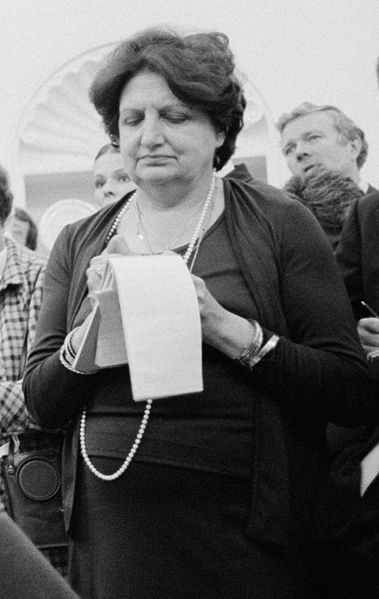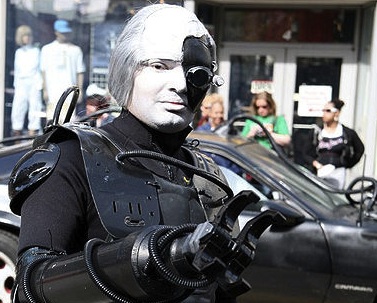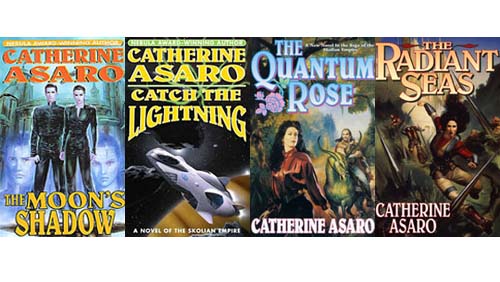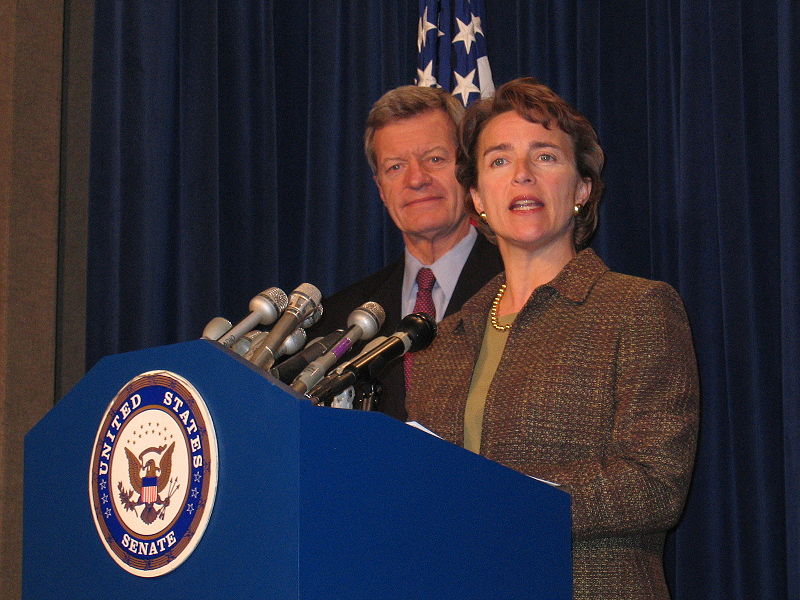A funny satire on the Helen Thomas story jokes that Ari Fleisher, who appeared on cable news shows to condemn Thomas, is, politically speaking, a completely irrelevant person. But when […]
All Articles
The Senate defeated a bill that would have prevented the Environmental Protection Agency (EPA) from regulating greenhouse gases as pollutants under the Clean Air Act. Large greenhouse gas emitters, like […]
Past Big Think interviewee Dr. Harry Ostrer made headlines today for discovering a genetic closeness between the two Jewish communities of Europe, the Ashkenazim and the Sephardim. According to the […]
Abe Foxman, Director of the Anti-Defemation League, stopped by Big Think today to talk about the state of anti-Semitism in America today. Among other things, we asked him if it […]
There was a philosopher once who had no patience with geekish hype about information technology. This application, he wrote, would never make people smarter or better. In fact, it made […]
Urban farming has been one of the biggest socio-environmental trends of late. But, so far, it’s been a fairly high-commitment, high-maintenance game requiring a demanding amount of time, resources and […]
Glenn Roberts, the founder of Anson Mills in Columbia, S.C. wants to save Southern food culture, one grain at a time. He thinks the traditional cuisine of the South is […]
Catherine Asaro, the bestselling science-fiction author, uses concepts from physics and math to inform the fantastical stories of her characters. In a recent interview with Big Think, Asaro describes how […]
Today I review Deborah Rhode’s excellent book, “The Beauty Bias: The Injustice of Appearance in Life and Work” (Oxford University Press, 2010) for Working In These Times. Here are a […]
Sustainability obviously means a lot to the founder of the Copenhagen Climate Council. But Erik Rasmussen, also the CEO of Scandinavian’s leading independent think tank Monday Morning, isn’t sugar coating […]
The L.A. Times takes aim at Apple in its editorial, saying the “bare-knuckled competitiveness” that helped it ascend may now be a liability.
Instead of bows and arrows, Brazil’s Surui people are using the Internet, GPS and Google Earth to stop the destruction of rainforest, reports Juliane von Mittelstaedt
A major surprise from two genetic surveys — and of great interest to historians — is the genetic closeness of Europe’s two Jewish communities, explains Nicholas Wade. rn
“South Africans live in separate but parallel worlds, and old divides continue to exist, 16 years after the end of apartheid.” Ullrich Fichtner on the violence, victories and hope.
With Asia expected to overtake Europe in pharmaceutical sales, researchers are focusing on the predominant diseases, and the medicines most likely to work, in emerging markets.
Worried that Twitter is shrinking attention spans, search engines lowering intelligence? Steven Pinker reassures us that I.T. is actually keeping us smart.
I.T. is waking up to the benefits of minimalism thanks to feature fatigue among consumers and strong demand from less affluent consumers in the developing world.
Meghan Daum opines on beauty amid a new book on workplace discrimination against the “unattractive” and a lawsuit by a woman claiming she was fired for being too attractive.
When Bill Frisell was young, he says remembers watching the “Mickey Mouse Club” on his family’s new television. “The leader of the Mouseketeers was this guy named Jimmy and he’d […]
Researchers hoping to fuse neuroscience with marketing are studying brain patterns of consumers with the goal of tapping into their subconscious material desires.
Apple’s strict policy against pornographic apps has resulted in an illustrated adaptation of James Joyce’s landmark novel Ulysses being censored; the novel itself was once banned for its sexual content.
One in eight people fled their homes in Northwest Pakistan in 2009 because of the war in Afghanistan; the area is a “human-rights free zone” according to a new report from Amnesty International.
Forty percent of the world doesn’t use toilets, says UNICEF, resulting in disease carried by dust and flies and contaminated food and water supplies — the toll is 2 million dead annually.
NASA says our sun is preparing for a stormy period and, according to the National Academy of Sciences, “A major solar storm could cause twenty times more economic damage than Hurricane Katrina.”
Ideological debates that lack context during a financial crisis are like a bikini, says Marc Lackritz of the Financial Times: “What they reveal is suggestive; but what they conceal is vital.”
Stanford Economist Paul Romer wants “dysfunctional nations to kick-start their own development” by leasing territory to foreign governments, an idea criticized as “neo-colonial”.
Garrison Keillor eavesdrops on some twenty-somethings at a local cafe and reasons that instant communication would have sapped modern literature of its best tropes, e.g. longing and reflection.
Among children whose parents consistently use mobile devices, “feelings of hurt, jealousy and competition are widespread,” says Sherry Turkle, director of MIT’s Initiative on Technology and Self.
NYU professor Tunku Varadarajan asks: How can we account for the success of Indian American political candidates in the South given the region’s history of institutionalized racism?
Incumbent senator Blanche Lincoln (D-AK) narrowly managed to hold off a labor-backed challenge in the Democratic primaries from Lt. Gov. Bill Halter. Ben Smith reports that after the election a […]











